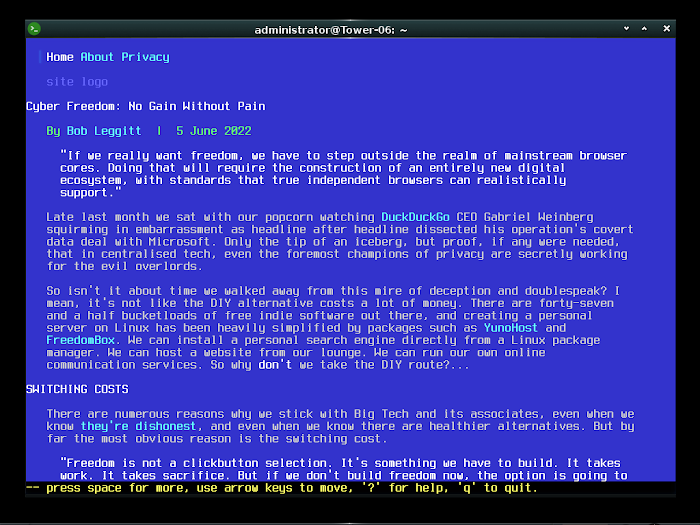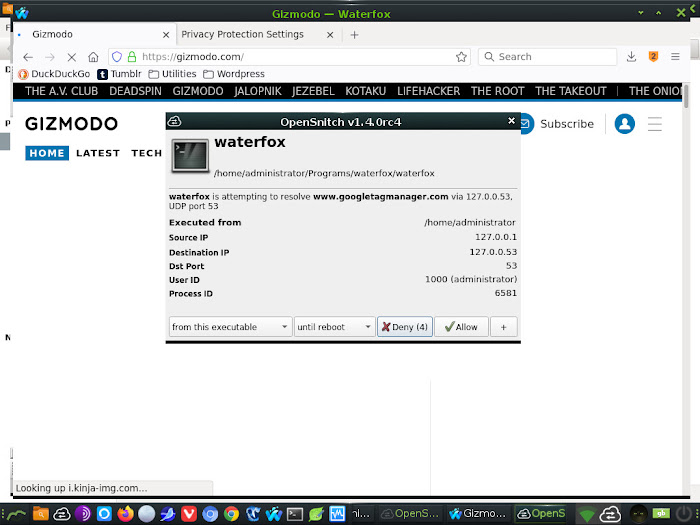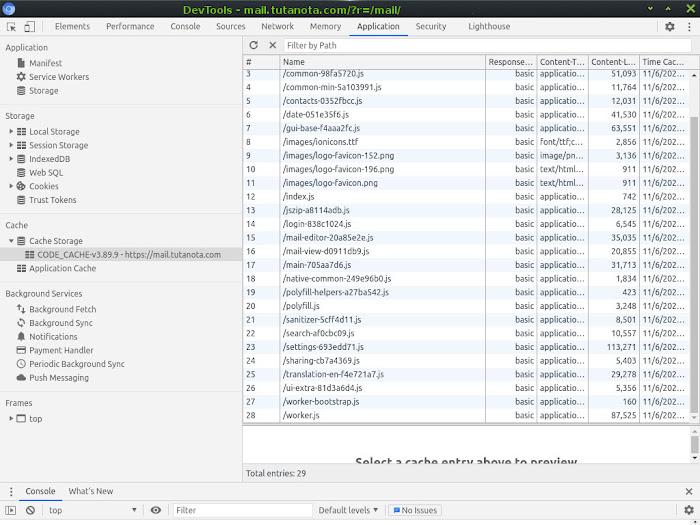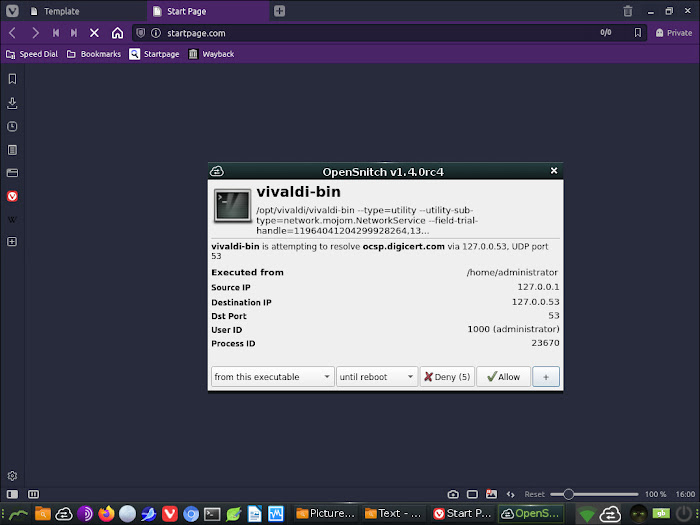Get your inbox officially a-rockin', and tell email trackers not to bother knockin'.
Data is worth a mint, and unsurprisingly, there's now a very long line of companies dreaming up sly ways to get their sweaty fingers on it. One of the more recent additions to the ever-growing list of data-ruses is the "email protection service". In summary, you give a self-styled and completely unaudited "pRiVaCy BrAnD" access to your entire email flow, and they remove the trackers before sending the email to your inbox.
This would be a fantastic idea if you could actually trust tech companies. Unfortunately, however, tech companies are among the least trustworthy entities in the entire universe, and self-styled "pRiVaCy BrAnDs" are no exception. In fact, the only two things you can ever trust self-styled "pRiVaCy BrAnDs" to do are...
- Collect and exploit data.
- Pretend that they don't.
It's therefore most unwise to use "email protection" services. You're allowing a totally unnecessary and totally opaque third-party unrestricted access to your mail stream. And if the "protection" service is free, the only thing the service provider can possibly monetise is your data.
But don't worry. Blocking email trackers on your own device, without releasing your email flow to any third party, is fast, simple and reliable.















